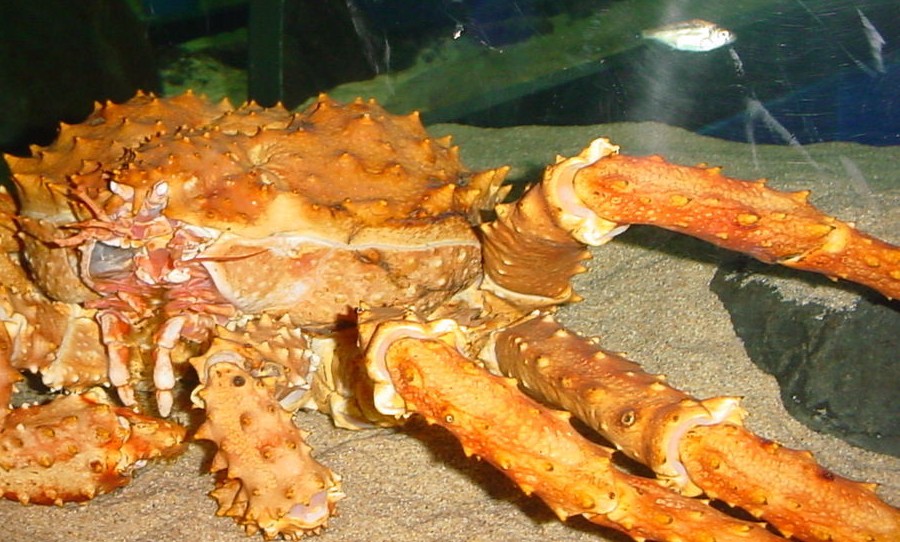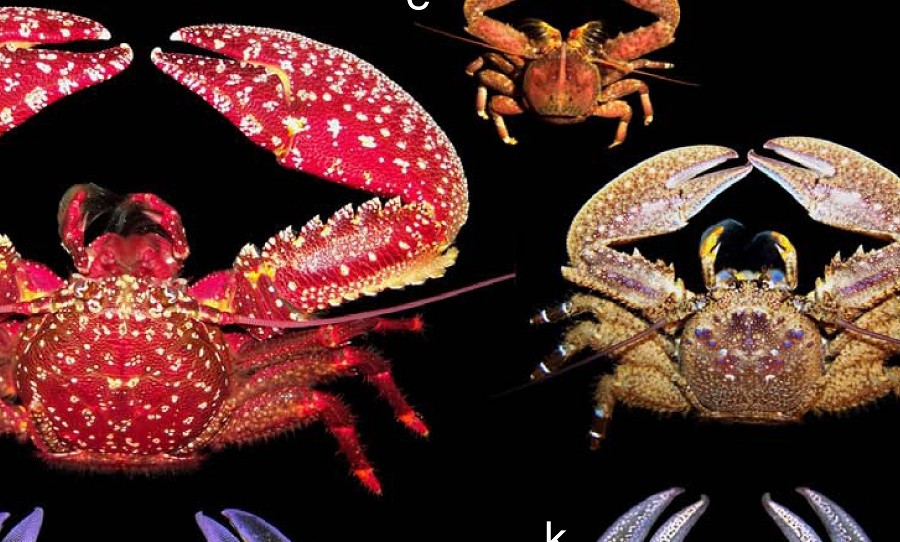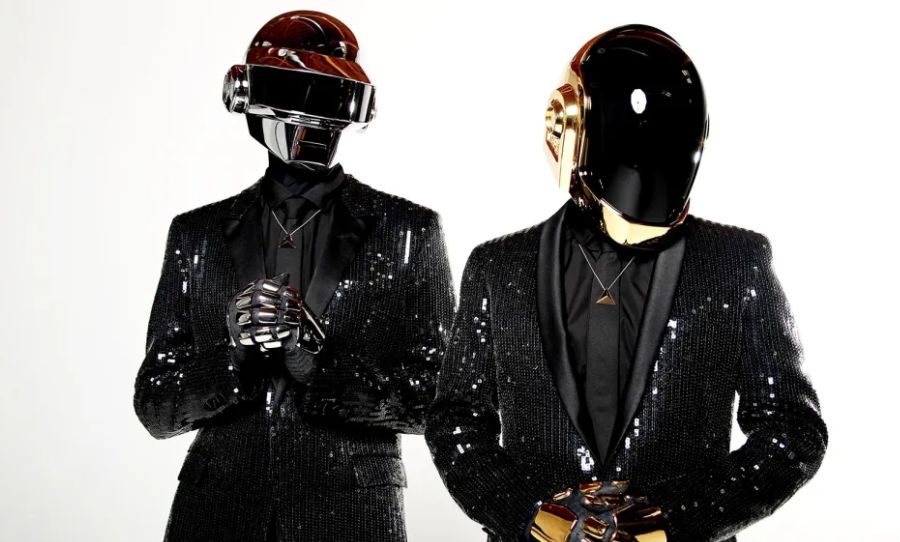According to the internet’s latest science-backed meme, sooner or later, everything will turn into a crab.
Apparently, evolution keeps returning to a process known as “carcinisation,” a form of convergent evolution where creatures have transformed from regular to crab-like creatures. Luckily for us, this evolutionary trend is only present in crustaceans, not primates/humans.
Convergent evolution is an insane concept in itself, where creatures with dissimilar ancestors have evolved to possess similar evolutionary traits. So, why crabs?

First off, the five-time evolution of crustaceans doesn’t involve direct evolution into a clawed critter, rather they “evolved into something that looked like crabs.” In fact, out of the five evolutions, only two are “true crabs” or brachyurans: a division of the decapod order. The king crab, which is basically the classic version, actually isn’t a part of this unique family, it’s part of the closely related Anomura, or “false crab,” group.
Crustaceans have evolved into the shape of a crab at least 5 independent times. I do not like this. pic.twitter.com/9ElLOFdOED
— Amy, 2022 Mothman Festival Queen (@cableknitjumper) October 13, 2020
it’s honestly really concerning how carcinization is a real phenomenon where seemingly unrelated organisms gradually, over the course of millennia, evolve into crabs. i hope i dont become a crab
— FFXIV Battle Jobs & Dungeon Guide (@ffxivbattletip_) January 16, 2021
“There has to be some kind of evolutionary advantage to being this crablike shape,” says Heather Bracken-Grissom, a Marine Invertebrates Expert and Associate Professor at Florida International University. And, while the gains from a crabby shape are a mystery, biologists think it could have something to do with the ability to colonise new habitats or diversify into new species. After all, there are multiple thousands of unique Brachyurans, compared to only a handful of lobster species in the world.
carcinization is coming for all of us https://t.co/oWsHPDk7gO
— e (@selffactcheck) January 19, 2021



